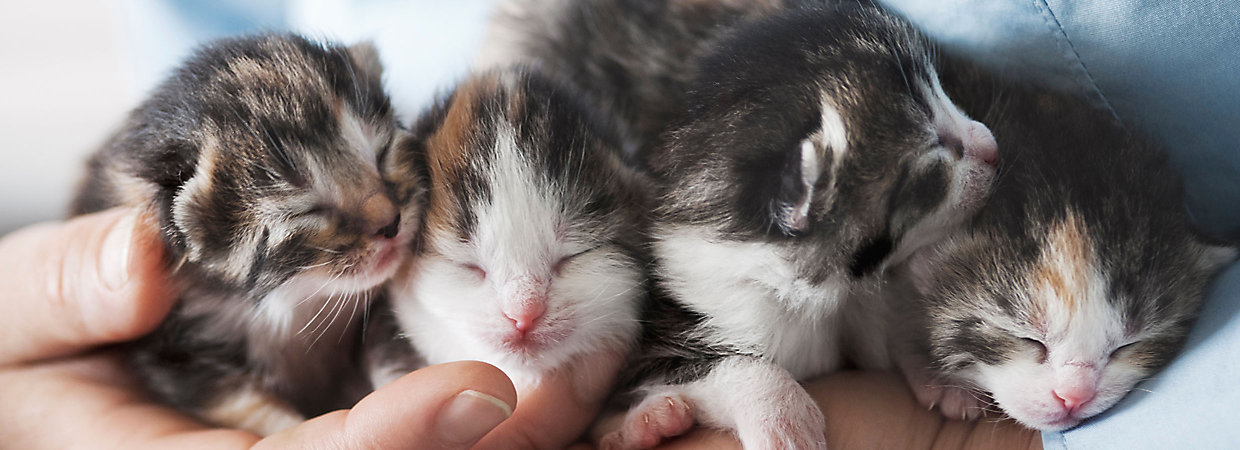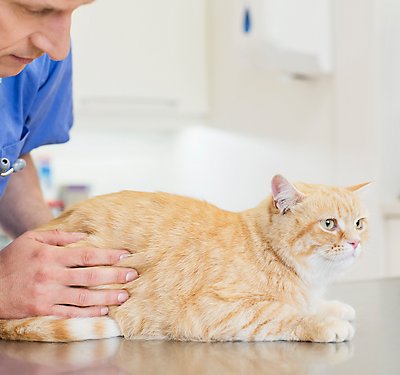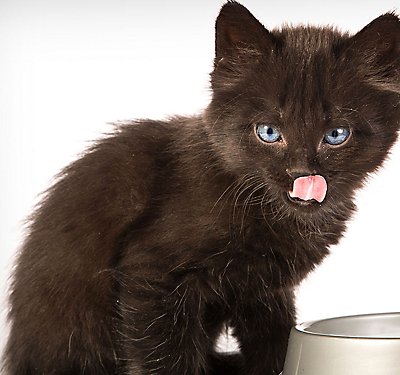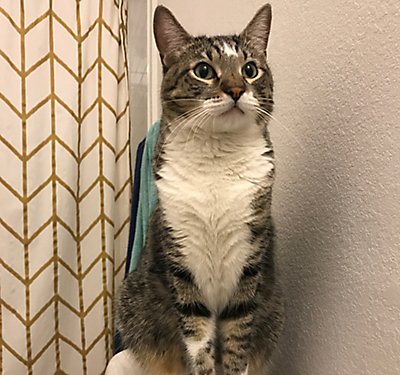
 top
top
CAT / new pets
Cat Vaccinations: When Should Your Cat Get Them?
Overview
Wondering what cat vaccinations to get your pet? All pet parents want to do everything they can to give their cat their best and most healthy life. Part of bringing a cat into your family is working with your vet to form a plan to protect them from certain illnesses. Different cat vaccinations protect your pet from certain diseases, and some might be necessary depending on your cat’s environment. So which ones should you get?
Always Follow Veterinarian Cat Vaccine Recommendations
Many factors go into determining what cat vaccinations are necessary for your pet. It’s important to always follow your veterinarian’s lead when they tell you which ones your cat should get and why. They are the ultimate authority and best source of information regarding what is best for your cat.
Factors That Go into Which Vaccines Your Cat Gets:
Sometimes your cat might need more or fewer vaccines depending on certain factors of their history and environment like:
- Where They Came From - If your cat was a rescue or lived in conditions that put them at a higher risk for coming into contact with certain germs, then they might need more protection than others.
- Will They Live Outside or Inside? - If your cat is going to be an indoor/outdoor cat, they might need additional vaccines to protect them from things they might interact with outside of your home like other animals.
- What Your Vet Decides is Best - Your vet may look at your cat’s history, environment, immune system or other factors and decide to give your cat certain vaccinations and care based on their professional opinion and recommendations.
Kitten Vaccination/Visit Schedule:
Kittens are extra vulnerable to certain germs since their immune system isn’t fully developed. This means that the vaccines they do get will be administered closer together in time. A typical kitten vaccination/care schedule might look like this.
First Visit (6-8 Weeks)
- FVRCP Vaccination, which is a combination vaccine that includes: feline viral rhinotracheitis (feline herpes), calicivirus and feline panleukopenia (feline distemper)
- Fecal Exam for Parasites
- Discuss Nutrition/Grooming
Some vets will also decide to test for Feline Leukemia at this time. This depends on your cat’s history and whether or not your vet thinks it would be necessary.
Second Visit (12 Weeks)
Examination and External Check for Parasites
Second Vaccinations for Rhinotracheitis, Calicivirus and Panleukopenia.
The Feline Leukemia vaccine might also be administered at this time if your vet believes it to be necessary for your cat.
Third Visit (Timing Depends on Vet Recommendations)
Rabies Vaccine - If your vet administered an initial Feline Leukemia vaccine, then they will issue the second one around this time.
6 Month Visit
At this time, your vet might recommend that your cat be spayed or neutered. Again, this will depend on your cat and what your veterinarian recommends.
Vaccinations for Adult Cats:
- Rabies - This vaccine schedule varies depending on the vaccine type and your vet’s recommendations. Typically, this vaccine is given yearly or every three years.
- Feline Panleukopenia (Distemper) - After the first couple of doses, vets may recommend that your cat be boosted with this vaccine after 1 year and then every 3 years after.
- Feline Calicivirus (Upper Respiratory Infections and Oral Disease) - After the first couple of doses, vets may recommend that your cat receive this booster after 1 year and then every 3 years after.
- Feline Rhinotracheitis (Feline Herpes) - It may be recommended that your cat receives a booster for this vaccine every 3 years.
- Feline Leukemia - If your veterinarian decided to administer this vaccine to your cat when they were a kitten, then they might recommend yearly boosters for at-risk cats.
It’s important to remember that all vaccine recommendations vary based on the individual cat, their environment and your vet’s advice. Always consult your veterinarian to find out what vaccine and care schedule is best for your cat. Together, you and your veterinarian can determine all of the best ways to protect your kitty. They can also work with you to help pick out the best cat supplies like cat food, supplements and more to support your cat’s health for the rest of their life.
Information in this article is not intended to diagnose, treat or cure your pet and is not a substitute for veterinary care provided by a licensed veterinarian. For any medical or health-related advice concerning the care and treatment of your pet, contact your veterinarian.


























